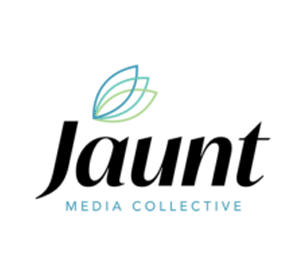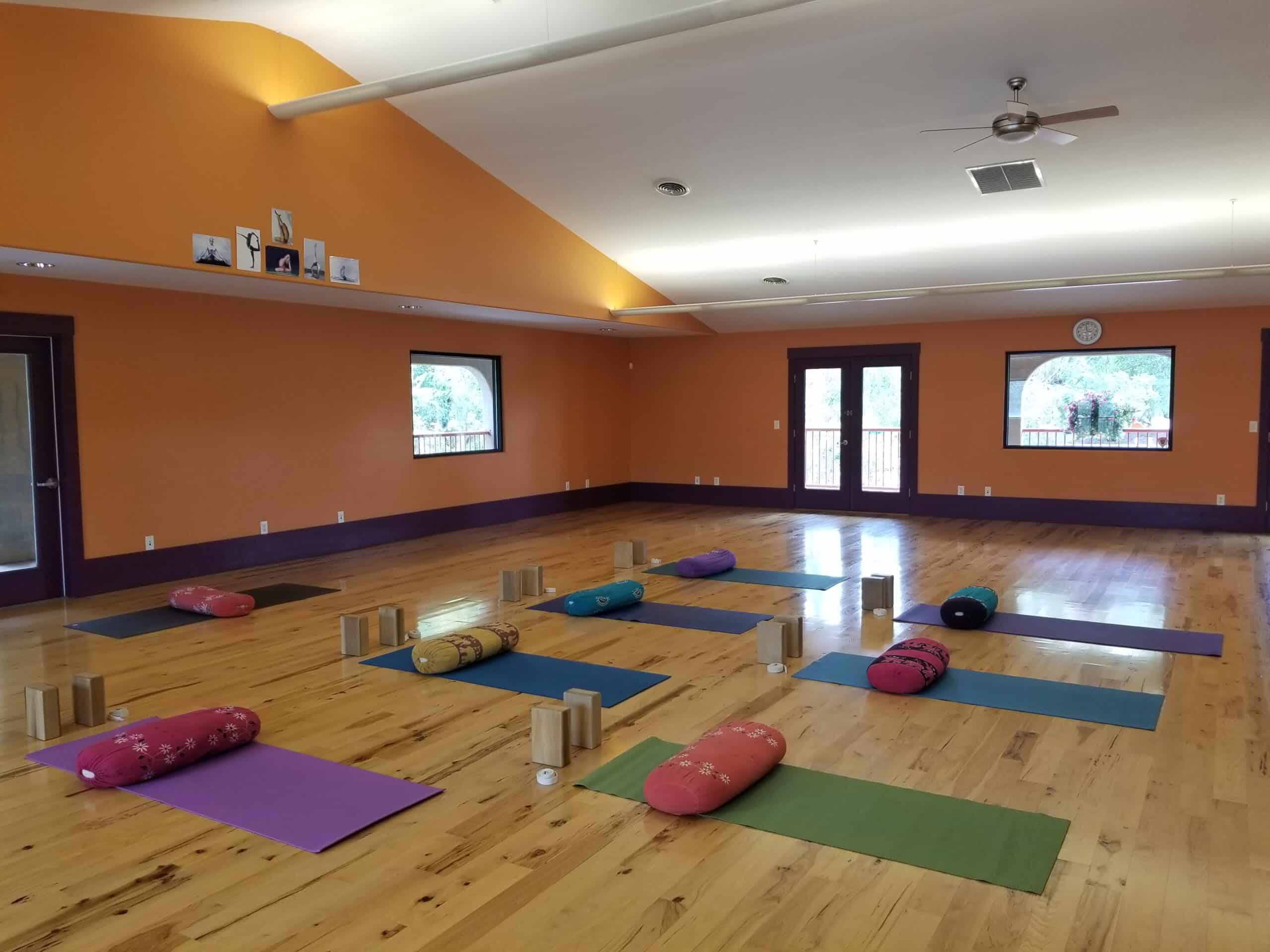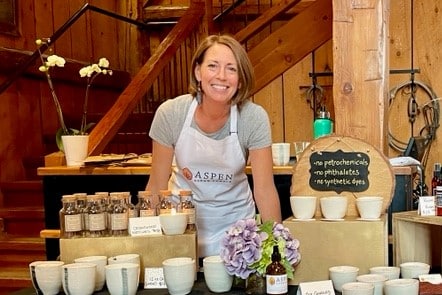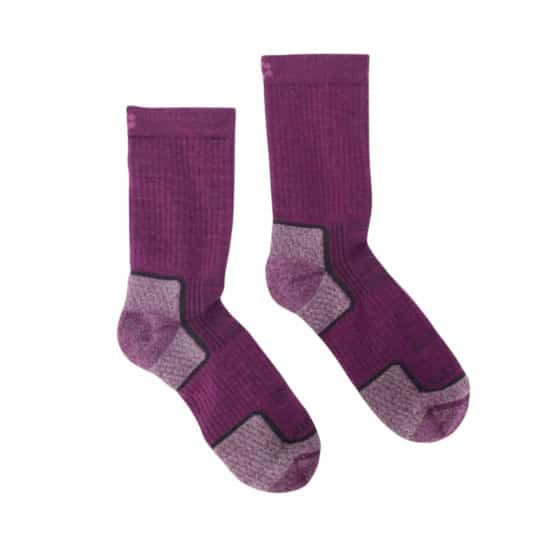Unconditional Love From The Heart of Loss | By Jay Rush
There is no sweeter sound than that of a crying baby. I write these words while peering through a laptop screen obscured by the remnants of dried avocado, smeared without malice by my seven month-old son’s tiny hands. Throughout the course of the day I will change his diapers, decipher his cries from their causes (hurt, hungry, tired, poopy diaper), and brush my fingers through his thin, blonde hair, along his tan cheeks, and peer lovingly into his cobalt blue eyes. Odin is the child that might not have been, that I may never have met, had we not lost his big brother Avery first. This acknowledgement comes with a sorrowful gratitude that permeates many of my days, the lesson that nothing can be gained without loss.
Through a summer and a fall, into the deepest days of winter, we watched Rachel’s belly grow through our first pregnancy, making incremental preparations, yet it was all for naught. On February 9 of 2015, after 36 and a half weeks, I wrote a small update on Facebook, all that I could muster after a bewildering and heartbreaking day: By now, many of you have heard that on Saturday we welcomed and at the same time were forced to say goodbye to our perfect and beautiful baby boy, Avery Charles Rush. He was born 4 lbs 8 oz, and a lengthy 18 inches. With his father’s long legs and longer toes, his mother’s sweet face and a healthy dose of baby cuteness, he was everything we knew he would be.
This was a simple summary of what had been an exhausting epic that started with a routine ultrasound. Seminal events are flags stuck in the metaphorical landscape of our life stories; the important moments crystallize indelibly on our souls, encapsulating every detail in the form of potent flashback. I watched as our doctor calmly guided the wand over Rachel’s slick, taut belly, then urgently retraced her path, only to stop. She said haltingly,”Oh. Oh no. Rachel, I’m so sorry.”
I’ll never forget those words not only because of the emotional weight they carried, but because of the responsibility it cast upon us. In that moment, we had a choice: to react with all of the fury and messy sadness that commonly saturates victimhood, or to stand for something bigger. Don’t let me mislead you. We were devastated, but not destroyed. We were shocked and confused, not demented. We looked at one another and in strange and silent agreement we immediately decided to accept the moment. What choice did we have?
In that moment, we had a choice: to react with all of the fury and messy sadness that commonly saturates victimhood, or to stand for something bigger.
The answer to the question of choice is often as messy as the events that lead us to ask it. Prior to that day, I had walked around much of my life believing that choice is largely a matter of selecting from a list of predetermined reactions and material things: I choose what socks to wear in the morning, I choose to flip the bird to inconsiderate drivers. On the morning of Avery’s stillbirth, I flipped through a list of choices that best illustrated the situation, like a Rolodex of anger, stoicism, sobbing and weeping, and weirdly, nothing fit. I didn’t want to feel any of those feelings.
I also didn’t want our experience to be defined by what others thought I should be feeling, or by what the uglier side of my ego wanted to portray. There is no textbook answer to dealing with grief, but a good start for us was to choose to be unafraid. What that implied was an immediate acknowledgement of the horror of the loss, the knowledge that we would have some very sad days ahead, the fact that we would miss our little boy terribly, and the acceptance that people would project their own emotions on us in the form of well-intended sympathy and support. What it also implied was that we could decide each step of the way how to process the inevitable flashes of intense sadness and impulses of fury as they pulsed through our daily lives.
I admit, we had some bad days, but we never felt victimized. Of all of the self-help nonsense I could plaster on these pages, the best advice I gave myself was that people die, parents lose children in appalling numbers the world over and daily, and that pregnancy and childbirth are never a sure thing. As matter-of-fact or cavalier as that may come across, tough times call for tough people. In some ways what we chose is a giant hack of what psychiatrist Elizabeth Kubler-Ross theorized are the Five Stages of Grief: Denial, Anger, Bargaining, Depression and Acceptance. We got right to acceptance.
Choosing the context, or our perspective and our responses to it, not only opened the door to the myriad emotions that cascaded upon us (often in the form of a full-force assault as we looked at the children’s books and stuffed animals that lined Avery’s room, or saw children playing in the park near our home, or heard another father call Avery’s name, imploring his own son to come close and be safe) but it also allowed us to explore these feelings on our own terms rather than reacting out of fear or anger. It allowed us to slow down. Never was it written that we are obligated to remedy grief and sadness quickly. By virtue of our humanity, we must undergo the full grieving process. Skipping this essential experience invariably leads back to the beginning, the shortcut becomes the long detour, and our conflicts with truth and mortality remain unresolved.
By virtue of our humanity, we must undergo the full grieving process.
I look at my son Odin now, and I know every ounce of his spirit. I am grateful to have the opportunity to choose to love someone so furiously, to grab each moment of parenthood and savor it. I am honored to have been given a chance to live big and fearless and not to have squandered it. Finally, I am as happy to love my life as I am to embrace the inevitability of death.
Photo by Jay Rush.
 Jay Rush is a freelance writer and photographer. He lives in Vail, Colorado, with his wife Rachel, son Odin, and two corgi-ish mutts. He can be reached at www.jayrushphoto.com, email jay@jayrushphoto.com, or follow him on Instagram at alpine_photo_studio.
Jay Rush is a freelance writer and photographer. He lives in Vail, Colorado, with his wife Rachel, son Odin, and two corgi-ish mutts. He can be reached at www.jayrushphoto.com, email jay@jayrushphoto.com, or follow him on Instagram at alpine_photo_studio.Originally published in the Winter + Spring 2018 issue.
Tough Cuties are premium quality merino wool hiking socks made for women, for women, created sustainably in [...]

Subscribe to Our Tribe
Stay up to date with Y+L News, Events and special announcements.










